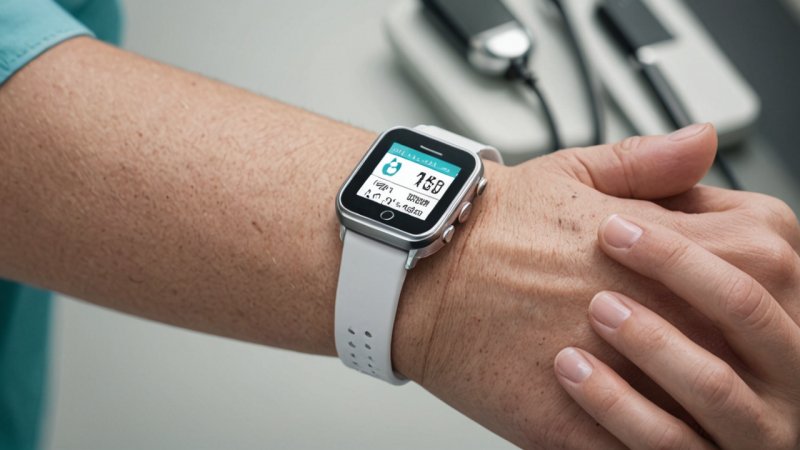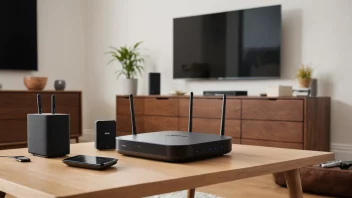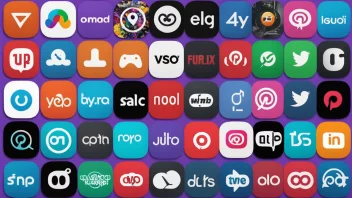The advent of wearable technology has significantly transformed various sectors, with healthcare being one of the most impacted areas. From fitness trackers to advanced smartwatches, these devices are not just for tracking steps or monitoring heart rates; they are pivotal tools in managing health and wellness. This article explores how wearable technology is reshaping healthcare, enhancing patient care, and promoting proactive health management.
Wearable devices are equipped with sensors that collect real-time health data, including heart rate, sleep patterns, and physical activity levels. This data empowers users to take charge of their health. For example, a smartwatch can alert users to irregular heartbeats, prompting them to seek medical advice before a minor issue escalates into a serious condition. This proactive approach allows for early diagnosis and treatment, which can be life-saving.
Moreover, wearables have become essential for chronic disease management. Patients with conditions such as diabetes can benefit from continuous glucose monitors (CGMs) that provide real-time blood sugar levels. These devices help users to make informed decisions about their diet and medication, ultimately leading to better health outcomes. Additionally, wearables can connect with mobile applications, allowing for seamless tracking of health metrics and trends over time.
Telemedicine has also gained traction due to wearable technology. With devices that can monitor vital signs remotely, healthcare providers can offer virtual consultations and follow-ups. This is particularly beneficial for individuals living in rural areas or those with mobility issues, as they can receive quality care without the need for extensive travel. Remote monitoring leads to better patient engagement and adherence to treatment plans, as individuals can easily share their health data with providers.
Another significant advantage of wearable technology in healthcare is its role in fitness and wellness. Many wearables come equipped with features such as calorie counting, guided workouts, and sleep tracking. These functionalities encourage users to adopt healthier lifestyles by setting achievable fitness goals and tracking progress. When users can see their improvements visually, it fosters motivation and accountability.
Furthermore, wearables can be integrated with other health technologies such as electronic health records (EHRs). This integration ensures that healthcare providers have access to comprehensive patient data, enhancing diagnosis accuracy and treatment effectiveness. As wearables continue to advance, their ability to collect and analyze health data will only improve, paving the way for more personalized healthcare solutions.
In conclusion, wearable technology is at the forefront of transforming healthcare. By enabling proactive health management, facilitating remote monitoring, and promoting healthier lifestyles, wearables are changing how individuals interact with their health. As technology continues to evolve, it’s essential to embrace these innovations, as they offer unprecedented opportunities for enhancing health and wellness.
How Wearable Tech is Revolutionizing Healthcare
Discover how wearable technology is revolutionizing healthcare, enhancing patient care, and promoting proactive health management.






